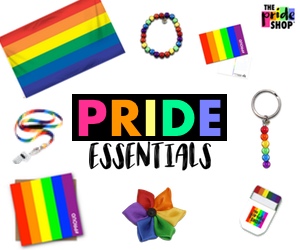Tech giant PayPal has cancelled a large-scale investment plan after the US state of North Carolina enacted anti-LGBT legislation.

- PayPal Cancels Planned $3.6 Million Investment in North Carolina
- New law enacted allows business owners to discriminate against LGBT people
- New law requires trans people to use restrooms that match their birth certificates.
The new law enacted by North Carolina allows businesses owners to discriminate against LGBT people based purely on their sexuality or gender identities on the grounds of the owner’s religious beliefs.
The bill, HB 2, was passed by the General Assembly with 83-24, after just three hours of debate at the end of March.
The law also requires transgender men and women in government buildings and public schools to use toilets that match the gender on their birth certificates.
Perpetuating Discrimination
In a statement on its website PayPal confirmed that it had shelved plans to create 400 skilled job placements in a $3.6 million investment planned for the state.
“The new law perpetuates discrimination and it violates the values and principles that are at the core of PayPal’s mission and culture. As a result, PayPal will not move forward with our planned expansion into Charlotte.”
PayPal has become the first major company to announce a decision to effectively boycott the state because of its anti-LGBT politics.
A statement from the tech firm said that “becoming an employer in North Carolina, where members of our teams will not have equal rights under the law, is simply untenable.”
ADVERT
Bold And Brave
Suki Sandhu, CEO and Founder OUTstanding said,
“This is a bold, brave move by PayPal and should be applauded. Large corporations in particular can set standards around the world and pave the way for societal change. The reality is that brands that support diversity are seen as more progressive. As well as being the right thing to do, this is also good for business. Companies in the USA are taking the diversity agenda seriously not only for the sake of their employees but are also highly aware of consumer opinions – particularly younger consumers with more liberal social attitude. 47% of consumers under the age of 24 are more likely to support a brand after seeing an equality themed ad.”




